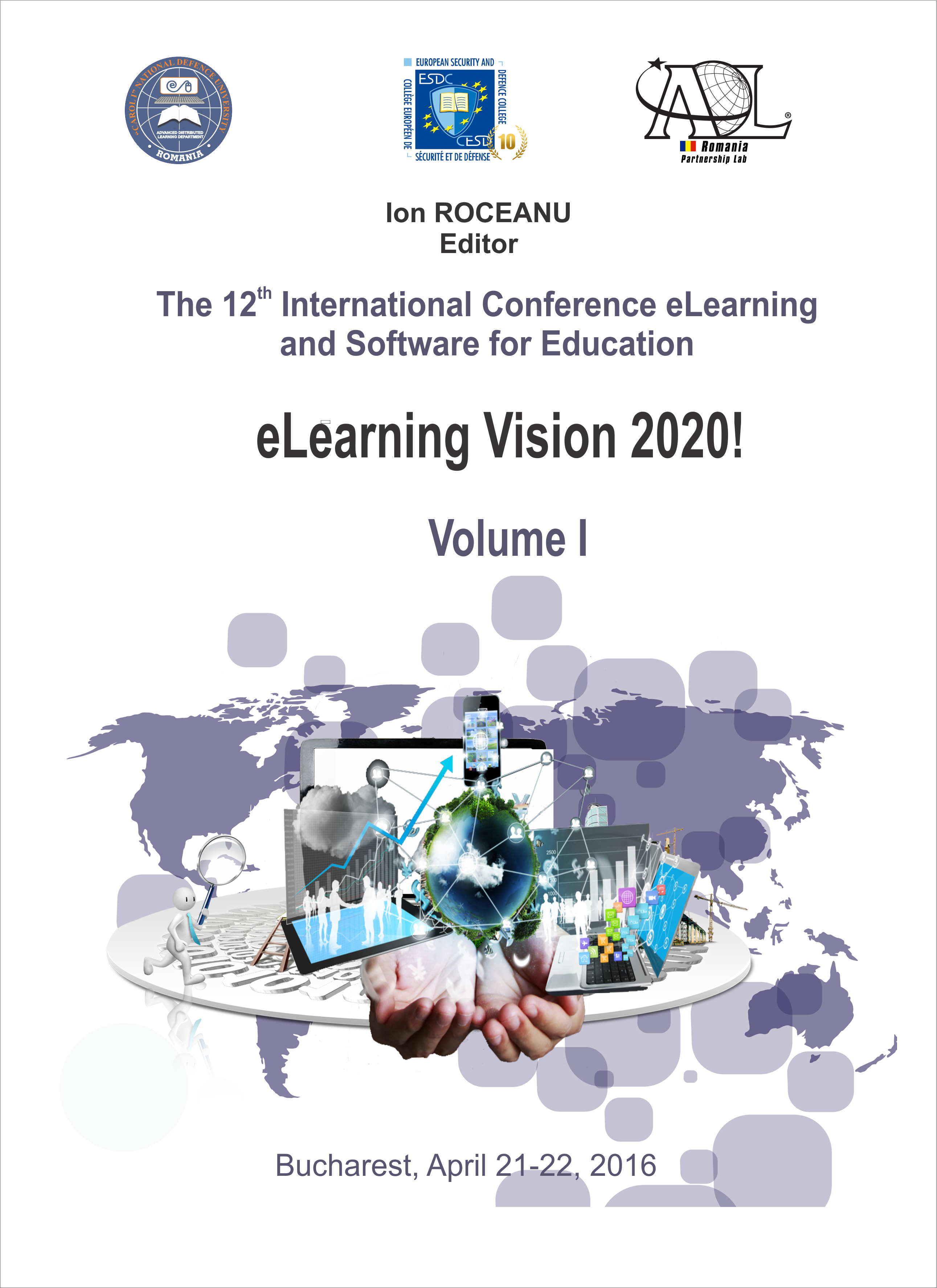COGNITIVE TRAINING GAMES TO IMPROVE LEARNING SKILLS
COGNITIVE TRAINING GAMES TO IMPROVE LEARNING SKILLS
Author(s): Cosmin-Daniel Nichifor, Maria-Iuliana Dascălu, Ana-Maria Neagu, Alin Dragos Bogdan Moldoveanu, Constanţa-Nicoleta BodeaSubject(s): Cognitive Psychology, ICT Information and Communications Technologies, Sociology of Education
Published by: Carol I National Defence University Publishing House
Keywords: cognitive learning; learning abilities; gamification; graphic library;
Summary/Abstract: The Cognitive Learning Theory explains the brain as the most incredible network of information processing and interpretation. The ability to learn and make sense of new information is crucial to successful learning and that is why developing cognitive skills is so important. The current study proposes a new cognitive training application, which aims to help people (both children and adults) improve their learning skills, especially for those having particular difficulties, as poor visual memory or poor content memory. The functionalities, the technological details, implementation issues which were overcome with innovative solutions, as well as the strengths of the application are highlighted in the paper, in the context of other IT – supported instruments for cognitive learning. Our tool consists into a desktop application which offers for the user the choice of several learning games, e.g. 2048, Image, Digit Puzzle and Box Matching. The tool also helps the user track his or her progress by registering the high scores and the record times. Therefore, the competitive capabilities could be also developed for those who ought to improve these skills throughout this application. Completely written in C++ and using the custom graphic library built from the ground up, the developed app boasts superior performance over other applications of the same type using the default or other much more complex libraries written in C. The graphic library uses just the amount of computer power that it needs in order to offer the user a simple and fluid experience. Thus, we claim that our tool exploits successfully gamification and human computer interface principles to offer an accessible instrument to all individuals aiming to improve their lives, by solving their attention deficit disorder or poor memory issues, by enhancing their prediction skills and mind reflection abilities or by offering relaxation and pleasant game-based activities.
Journal: Conference proceedings of »eLearning and Software for Education« (eLSE)
- Issue Year: 12/2016
- Issue No: 01
- Page Range: 360-366
- Page Count: 7
- Language: English

